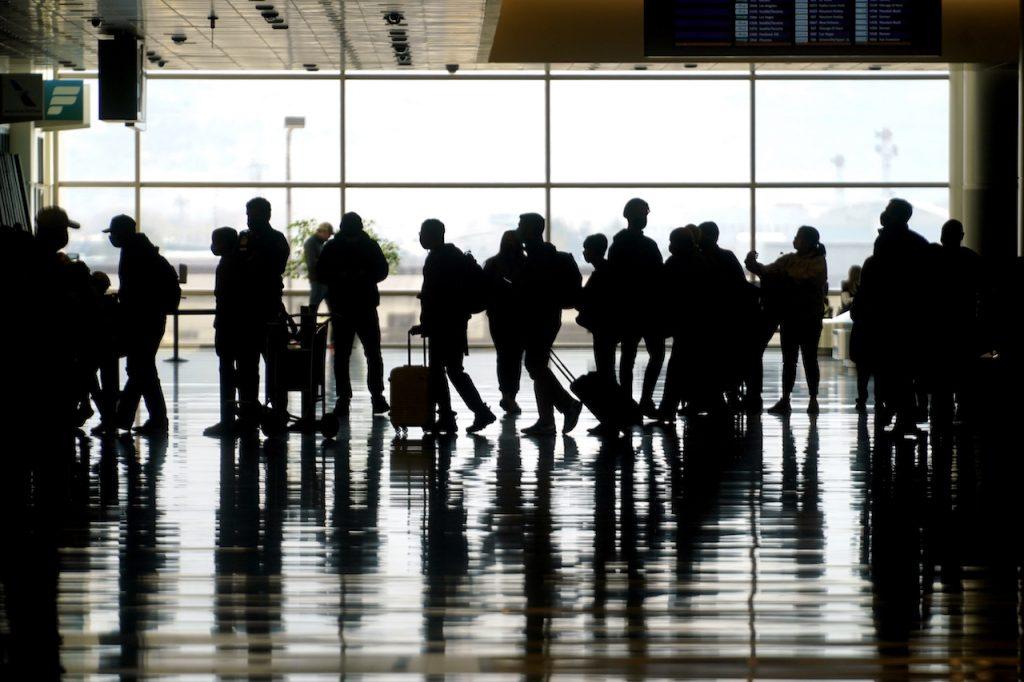Singapore aims to start quarantine-free travel for the fully vaccinated by September
Countries with advanced vaccination campaigns are preparing to live with Covid-19 as an endemic disease.
Just In
Singapore is anticipating allowing quarantine-free travel for those who are fully vaccinated against Covid-19 from September, when 80% of the city-state’s population should be inoculated, the government said on Monday.
Singapore will establish travel corridors with countries or regions where Covid-19 is under control, Finance Minister Lawrence Wong said.
“So fully vaccinated persons will then be able to travel to these countries or regions without needing to serve the full 14-day stay-home notice in a hotel when they return,” he said.
Depending on the risk level of the country they visit, the stay-home notice will be replaced with a “rigorous testing regime” or a seven-day isolation period at home.
This will allow vaccinated people to travel more freely, he said. “Those who are not vaccinated can still travel, but will be subject to the prevailing SHN (stay-home notice) requirements.”
The city-state is also set to review whether to loosen curbs in early August, when two-thirds of its population would be fully inoculated, Reuters is reporting.
“The easing will be differentiated and extended to only vaccinated persons, because they are much better protected against the effects of the virus,” Wong said. “If you want to go out to dine in a restaurant or workout in the gym, you have to be fully vaccinated.”
More than half the country has received both doses of either Pfizer-BioNTech or Moderna vaccines. It has inoculated nearly 75% of its 5.7 million people with at least one dose, the world’s second-highest rate behind the UAE, a Reuters tracker shows.
As countries with advanced vaccination campaigns prepare to live with Covid-19 as an endemic disease, their focus is turning to preventing death and serious diseases through vaccination.
Still, Singapore may not do away with all of its social distancing measures. For example, it may remove its mask mandate for outdoors, but require people to keep them on in an indoor enclosed environment, Wong said.
As Singapore progressively eases restrictions, it must expect cases to rise as there is still “ongoing cryptic transmission” which can easily break out into new clusters, said Wong.
As borders open for people to travel without serving stay-home notices, Singapore will also see more imported cases and infected people slipping through from time to time.
“But at that stage, our main focus will no longer be on daily case numbers. Because the vast majority by then would have been vaccinated, and even if they catch the virus, they are much less likely to become very ill,” said the minister.
“Instead, our focus will be on the much smaller number of infected persons who need supplementary oxygen or require intensive care.”
At each stage of easing, the Government will monitor the hospitalisation and intensive care numbers to ensure they remain acceptable and stable, said the minister.
If these numbers shoot up, Singapore has to be prepared to “slow down, or even pull back”.
New variants may also emerge, and these may be more transmissible, more lethal or more successful at evading the present vaccines.
“We will find solutions to these variants, especially through booster shots or updated vaccines, which we may need to roll out nationwide,” Wong said.
“But we must be prepared that the new variants can lead to more severe outbreaks, and may well force us to introduce restrictions again from time to time.”
As of July 25, Singapore had 1,537 active cases, with 12 cases of serious illness requiring oxygen, and two patients in critical condition in the intensive care unit.
None of the 14 cases is fully vaccinated.
Subscribe to our newsletter
To be updated with all the latest news and analyses daily.
